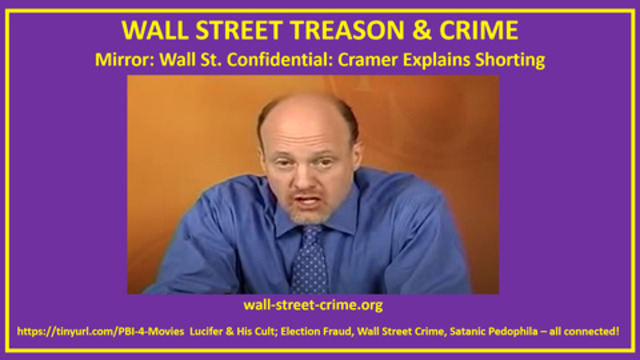ATSI COMMUNICATIONS INC v. SHAAR FUND LTD RGC LDC
FindLaw, 11 July 2007
ATSI COMMUNICATIONS, INC., a Delaware Corporation, Plaintiff-Appellant, v. The SHAAR FUND, LTD., Shaar Advisory Services, N.V., RGC International Investors, LDC, Rose Glen Capital Management, L.P., Corporate Capital Management, InterCaribbean Services Ltd., Citco Fund Svcs., Luc Hollman, Sam Levinson, Hugo Van Neutegem, Declan Quilligan, Wayne Bloch, Gary Kaminsky, Steve Katznelson, Trimark Securities, Inc., Levinson Capital Management, and W.J. Langeveld, Defendants-Appellees,
Marshall Capital Services, LLC., Jesup & Lamont Structured Finance Group, MG Security Group, Inc., Crown Capital Corporation, John Does 1-50, Kenneth E. Gardiner, Nathan Lihon, and Sei Investment Co., Defendants. ATSI Communications, Inc., a Nevada Corporation, Plaintiff-Appellant, v. Uri Wolfson, Defendant-Appellee, Sam Levinson, Defendant.


